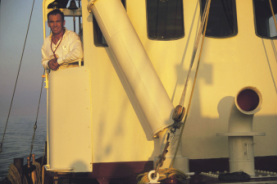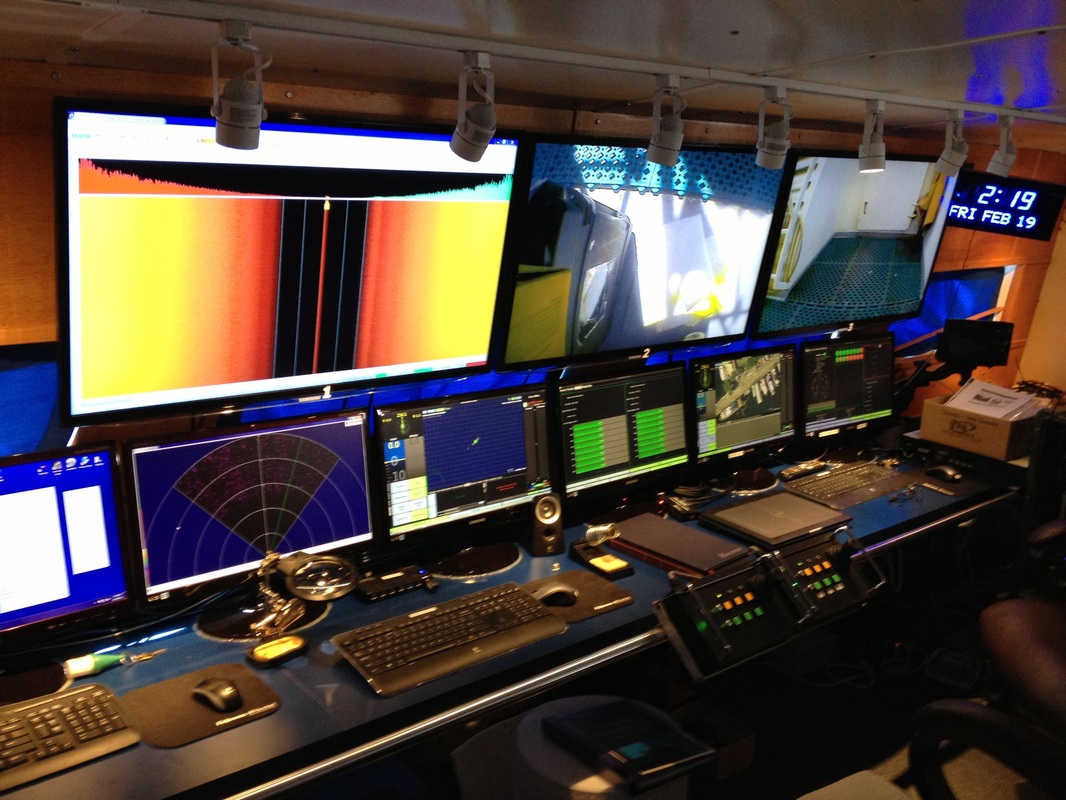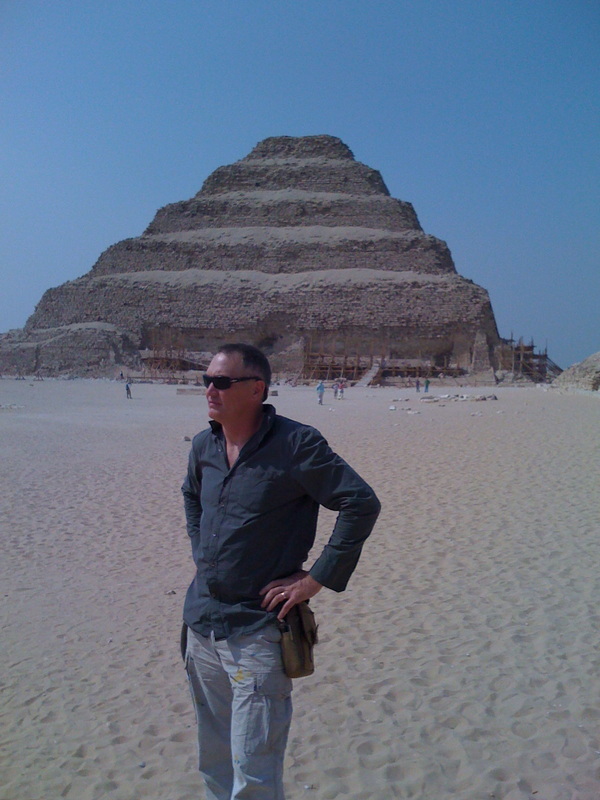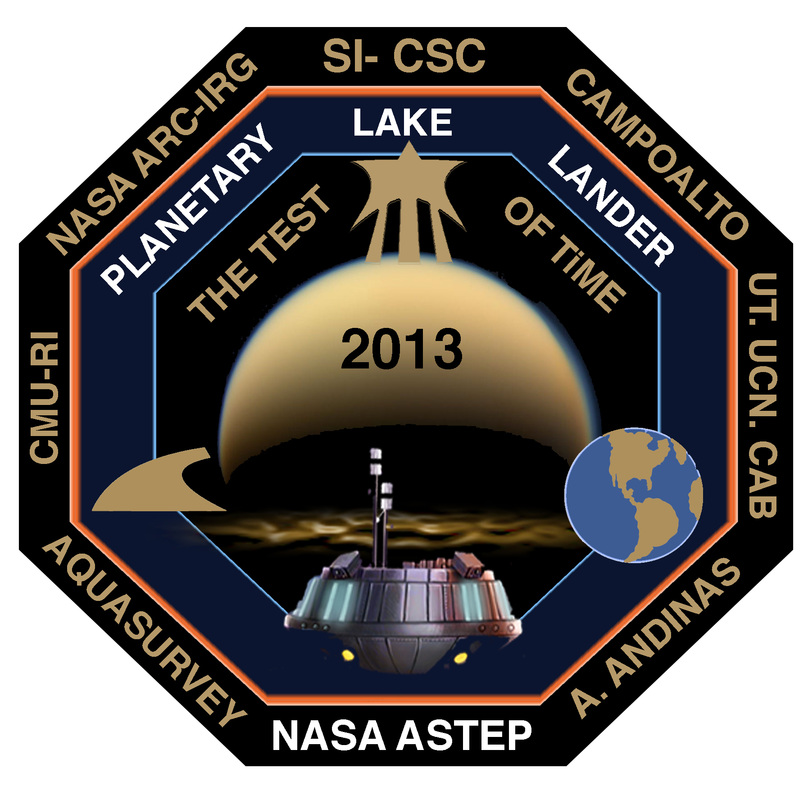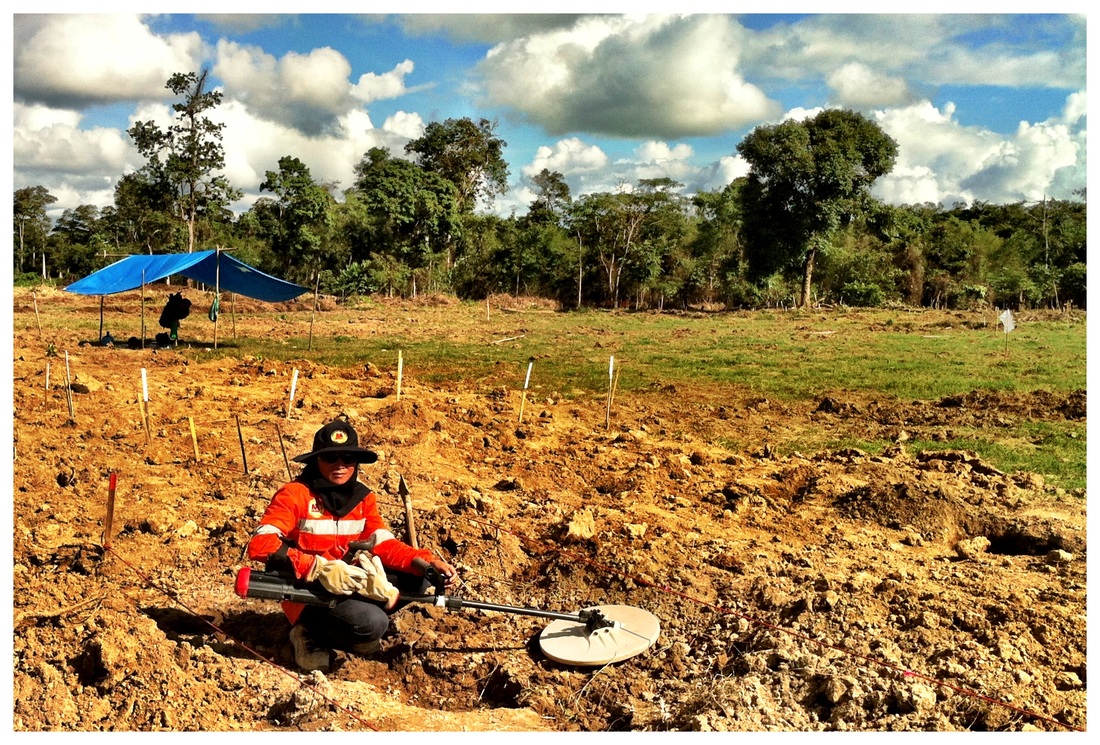When Rob Morris told me he was joining the Kepler Mission to search for other habitable planets, I didn't even know the project was. "Why would you?" he asked, ever modest and forgiving of my continual ignorance. "Its a little project,, and there are a lot of projects going on at SETI"
Last week the Kepler Mission is on the front page of every newspaper and scientific feed on the internet. Evidence of an 'Earth Twin" planet, dubbed Kepler 452 b, has captured the imagination of the public and Re-invigorated the search for evidence of extraterrestrial life.
Is this new information what inspired Yuri Milner to sponsor a 100 million dollar race called Breakthrough Listen to find evidence of life on another planet?
But it was Rob's observation today that really got my head messed up. He pointed out that the potentially habitable planets they are observing are thousands of light years away, and that we are looking back in time to the same era as the sunken Egyptian cities I've been excavating as part of Underwater Archaeologist Franck Goddio's Team.
Flip it: If ET was looking at earth today from a vantage point thousands of light years away, and using electronic noise (like broadcast radio waves) as evidence or proof of the presence of intelligent life , they would hear instead the radio silence of the era of Imhotep, Ptolemy, and Cleopatra.
The Kepler Mission has been observing stars in a region of our galaxy far outside the solar system, typically at distances of 500-3000 light years. Based on those time frames, a reciprocal search would hover briefly over the earth, and then move on.
Exploration, in my opinion, is when someone leaves the comfort of their home to go into the unknown and then return to their community with something of value.
The Kepler Mission, and Rob as part of it, have brought back to us something of tremendous value and is one of the most exciting space exploration projects going on today. I cant wait to hear what they discover next.


 RSS Feed
RSS Feed
